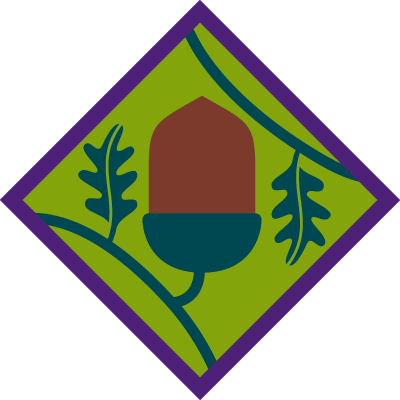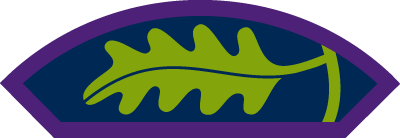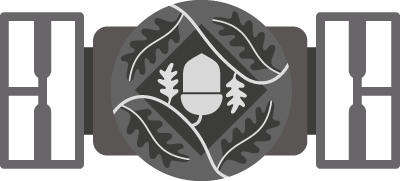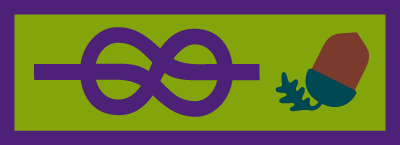Recognition
See the different badges, belts and certificates Explorer Scout Young Leaders can earn and when they receive them
Explorer Scouts should be recognised for their achievement at various points throughout and after their Young Leader's Scheme.
Explorer Scout Young Leader badge and woggle
This should be awarded after completing Module A.

Mission strip
After completing each individual mission, a mission strip is awarded. These should be placed around the Module A badge.

Explorer Scout Young Leader belt buckle
This should be awarded on completion of the entire Scheme (all training modules and missions).

Explorer Scout Young Leader Service Award
This can be worn on the adult uniform to recognise a person’s completion of the Scheme.

Explorer Scout Young Leader certificate
This should be awarded either when the young person turns 18 or completes the whole Scheme. The back of the certificate can be used to record which modules and missions the ESYL has completed.